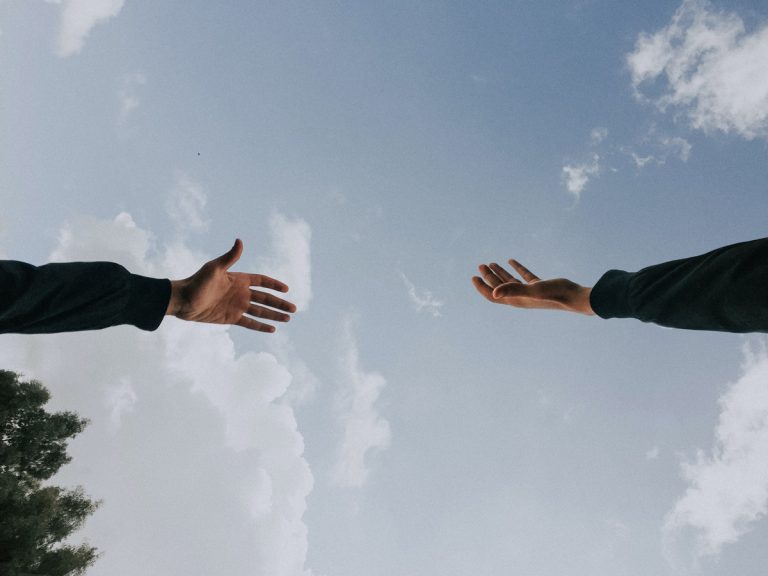Amazon wants you to pay with the palm of your hand

In the never-ending battle of Big Tech companies, Amazon has just released a new product: Amazon One, a “contactless way for people to use their palm” to conduct everyday activities like paying at a store or entering a location. According to Amazon, the new service is designed to be “highly secure and uses custom-built algorithms and hardware to create a person’s unique palm signature.” Is this something we can really trust Amazon with?
Granted, at first, this new product sounds crazy. Who in their right mind would willingly send their palm print to Amazon’s cloud? In comparison, Apple’s FaceID and TouchID are safer in the sense that both securely store a person’s biometric information on the device itself, meaning it is sealed off from other apps.
Amazon One’s rollout will start in selected Amazon Go stores, where it will be added to the store’s entry gate as a convenient choice for customers to use when entering the store to shop. In most retail environments, Amazon One could easily become an alternate payment or loyalty card option with a device at the checkout counter next to a traditional point of sale system. On top of that, Amazon thinks it could also be used for entering a location like a stadium, or badging into work.
Customers can already use Amazon One as an entry option at two of Seattle’s Amazon Go stores. It takes less than a minute to sign up using an Amazon One device. First, customers have to insert their credit card. Next, they need to hover their palm over the device and follow the prompts to associate that card with their unique palm signature that Amazon’s computer builds in real-time.
People get the option to enrol with just one palm or both, and then that’s it—they’re now signed up. Once they’re enrolled, all they have to do is to hold their palm above an Amazon One device for about a second or so.
When it comes to customer data, the Amazon One device is protected by multiple security controls and palm images are never stored on the device. Instead, the images are encrypted and sent to a “highly secure area” that Amazon has custom-built in the cloud where they create your palm signature. While the company’s obvious efforts at making potential new customers feel secure might reassure more than one, it should be clarified that your palm signature will be stored on Amazon’s cloud.
If you decide that you want to stop using Amazon One after trying it, in order for the company to delete your biometric data, you’ll have to request to delete data associated with Amazon One through the device itself or via the online customer portal at One.Amazon.com.
Data privacy worries pushed aside, I can’t lie, Amazon One does sound exciting albeit very futuristic, and as microchipping still hasn’t gotten under our skin, palm signatures might be the closest alternative we can get to it. Amazon One represents a quick, reliable, and somewhat secure way for people to identify themselves or authorise a transaction while moving seamlessly through their day.
Palm recognition is considered more private than some biometric alternatives because you can’t determine a person’s identity by looking at an image of their palm. It also requires someone to make an intentional gesture by holding their palm over the device to use, which means that it becomes harder to use against the owner’s will. And it’s contactless, which in current times is a pretty important point.
Amazon One will give the Big Tech company its own payments solution to compete with Apple Pay and Google Pay. And as we’ve seen after Amazon acquired Whole Foods for $13.7 billion in 2017, it is more than ready to go into physical retail. Will customers raise any concerns over Amazon One’s privacy settings? Let’s wait and see, but I’ve got a little idea of my own…





